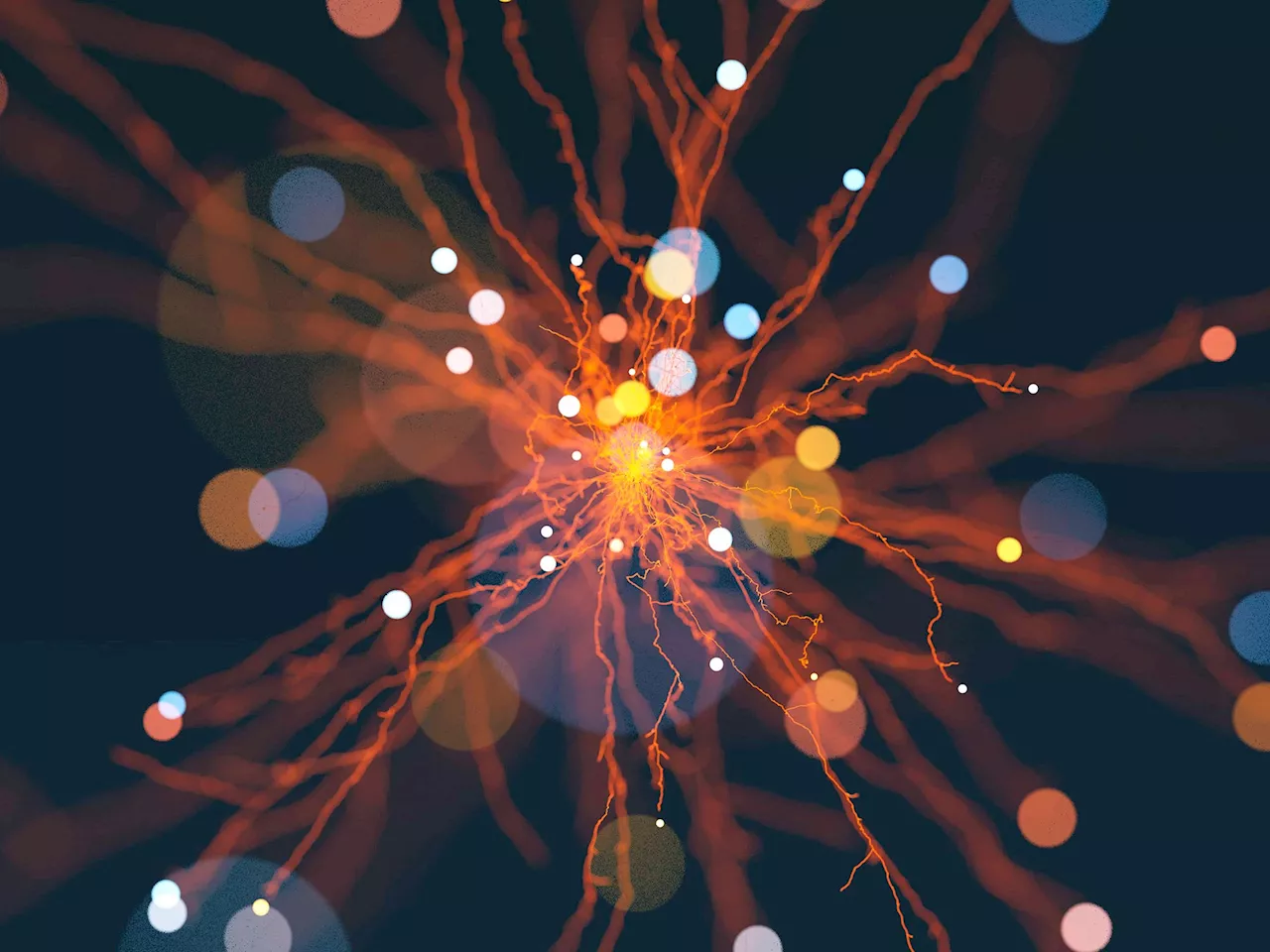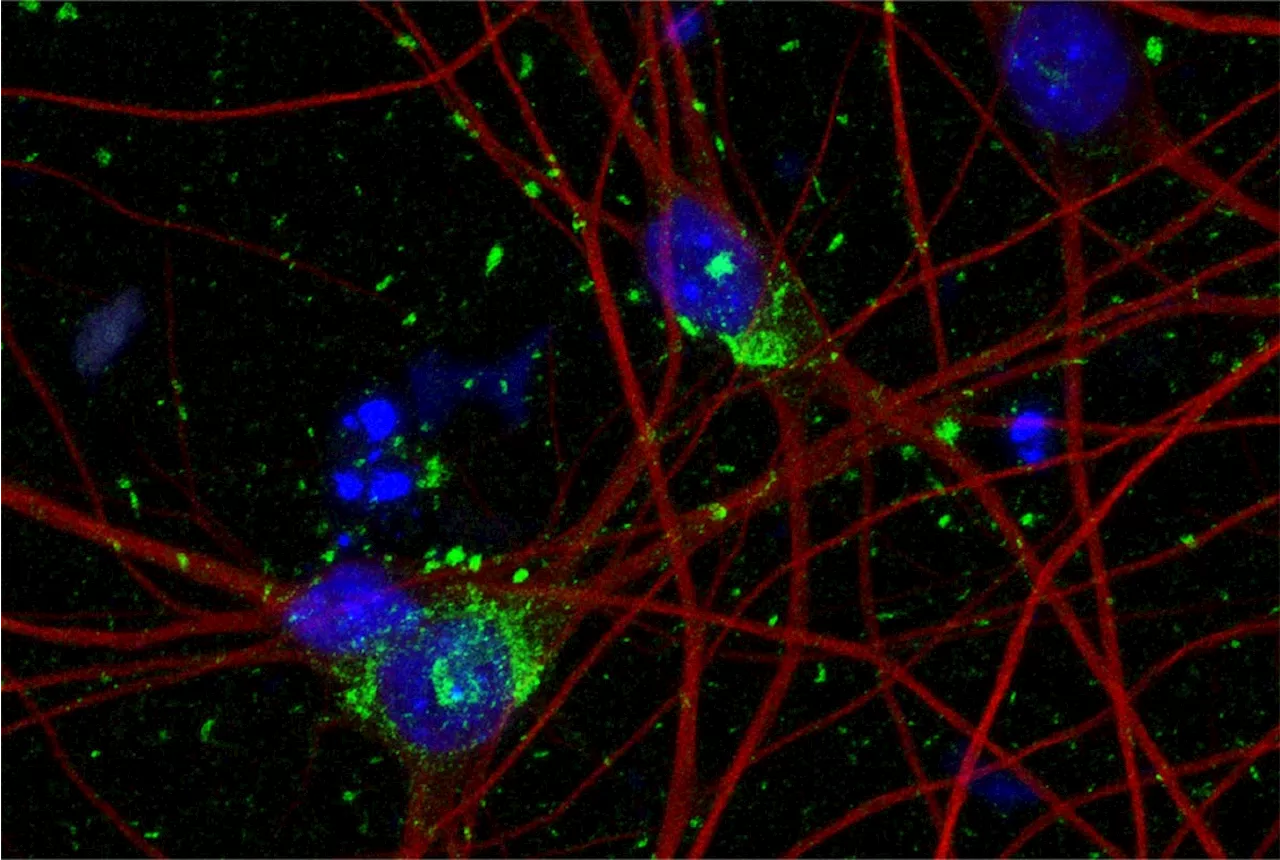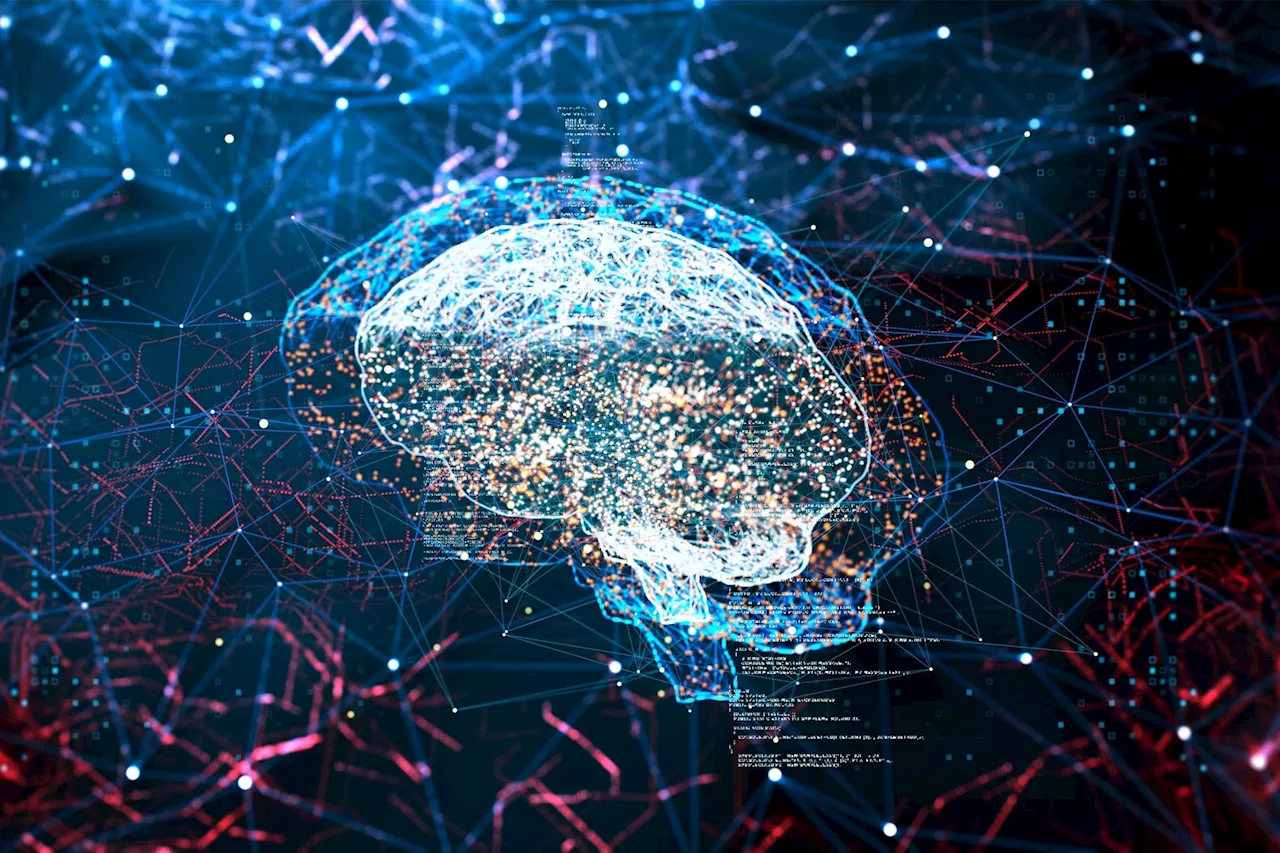Science, Space and Technology News 2024
Stanford’s Wu Tsai Neurosciences Institute has developed an AI model called a topographic deep artificial neural network that mimics the brain’s organization of visual information. This model, which uses naturalistic inputs and spatial constraints, has successfully replicated the brain’s functional maps and could significantly impact both neuroscience research and artificial intelligence.
Such functional maps can be found across the brain, both delighting and confounding neuroscientists, who have long wondered why the brain should have evolved a map-like layout that only modern science can observe. “When the brain is trying to learn something about the world — like seeing two snapshots of a person — it puts neurons that respond similarly in proximity in the brain and maps form,” said Grill-Spector, who is the Susan S. and William H. Hindle Professor in the School of Humanities and Sciences. “We believe that principle should be translatable to other systems, as well.”
“AI is constrained by power,” Yamins said. “In the long run, if people knew how to run artificial systems at a much lower power consumption, that could fuel AI’s development.”
United States Latest News, United States Headlines
Similar News:You can also read news stories similar to this one that we have collected from other news sources.
 Geological tool helps study biology of cancer at atomic levelsA groundbreaking study reveals cancer cells have a distinct hydrogen composition, potentially revolutionizing early detection.
Geological tool helps study biology of cancer at atomic levelsA groundbreaking study reveals cancer cells have a distinct hydrogen composition, potentially revolutionizing early detection.
Read more »
 Revolutionizing Catalyst Design: New Research Links Structure to Reaction PerformanceScience, Space and Technology News 2024
Revolutionizing Catalyst Design: New Research Links Structure to Reaction PerformanceScience, Space and Technology News 2024
Read more »
 Revolutionizing Alzheimer’s Research: Cornell Scientists Develop Groundbreaking Neuron ModelScience, Space and Technology News 2024
Revolutionizing Alzheimer’s Research: Cornell Scientists Develop Groundbreaking Neuron ModelScience, Space and Technology News 2024
Read more »
 Revolutionizing AI Training With Synthetic DataGonçalo Ribeiro is CEO of YData. Read Gonçalo Ribeiro's full executive profile here.
Revolutionizing AI Training With Synthetic DataGonçalo Ribeiro is CEO of YData. Read Gonçalo Ribeiro's full executive profile here.
Read more »
 Cultural NeuroscienceThe social life of our brains.
Cultural NeuroscienceThe social life of our brains.
Read more »
 Revolutionizing Photonics: 2D Materials Manipulate Light With Remarkable PrecisionScience, Space and Technology News 2024
Revolutionizing Photonics: 2D Materials Manipulate Light With Remarkable PrecisionScience, Space and Technology News 2024
Read more »
